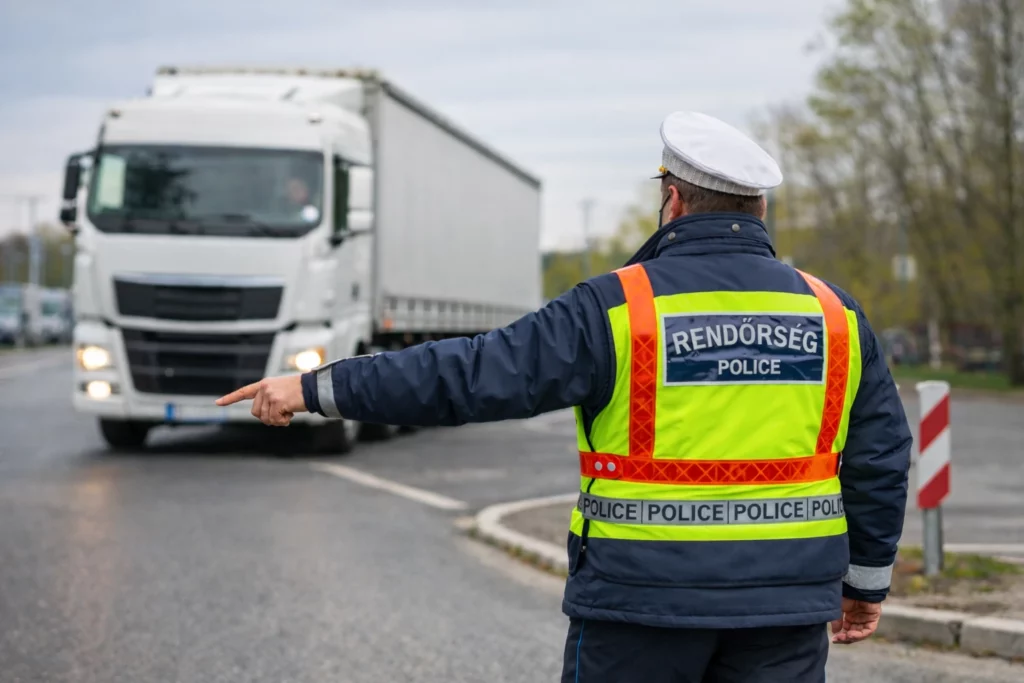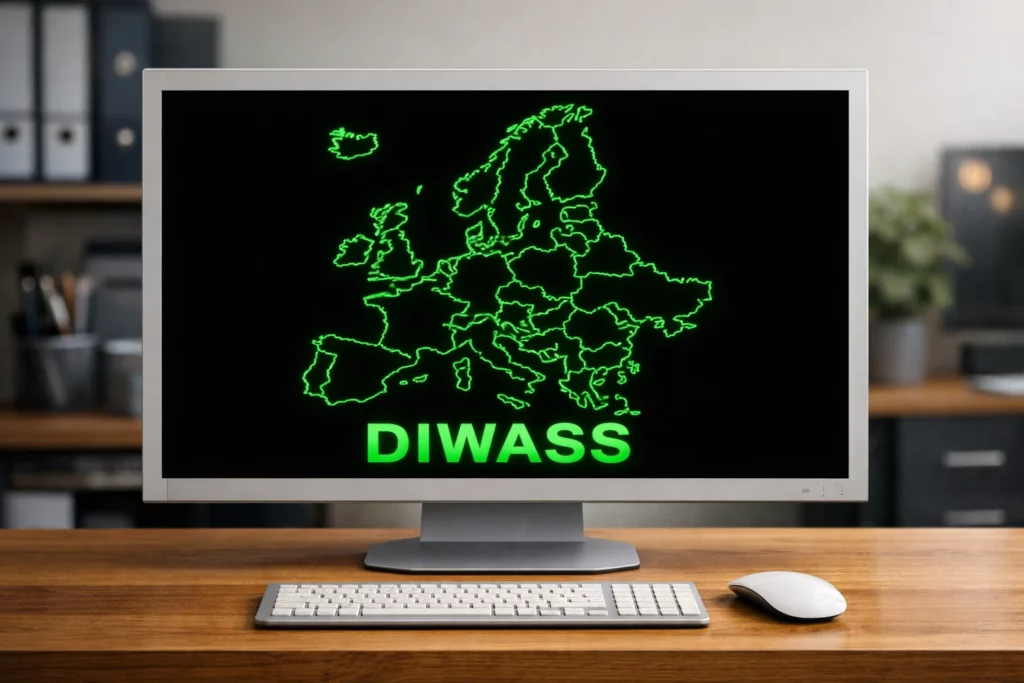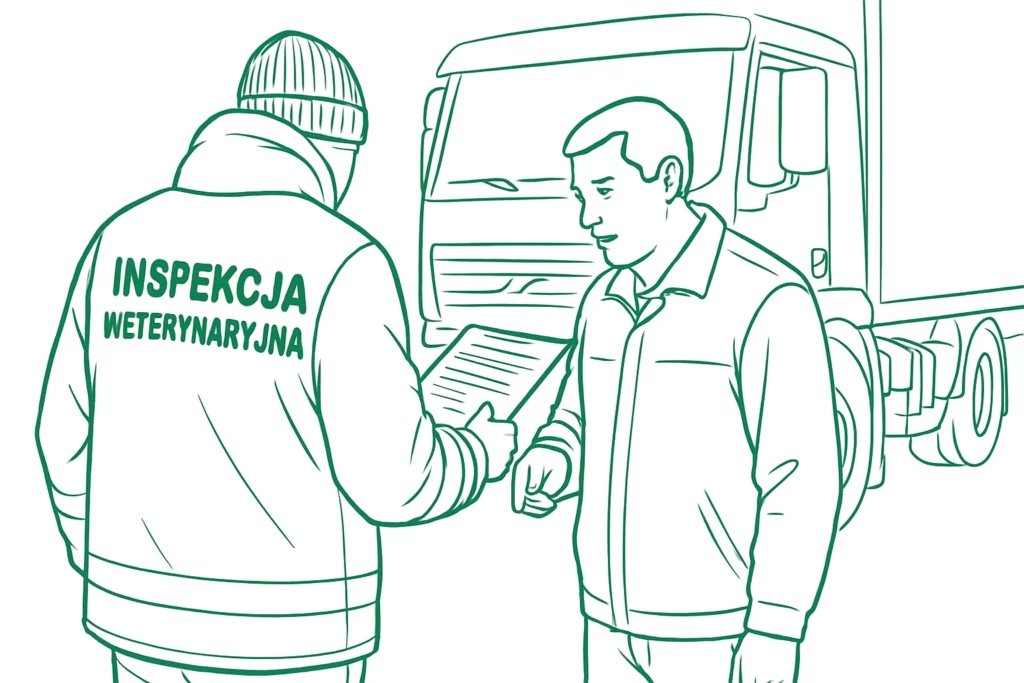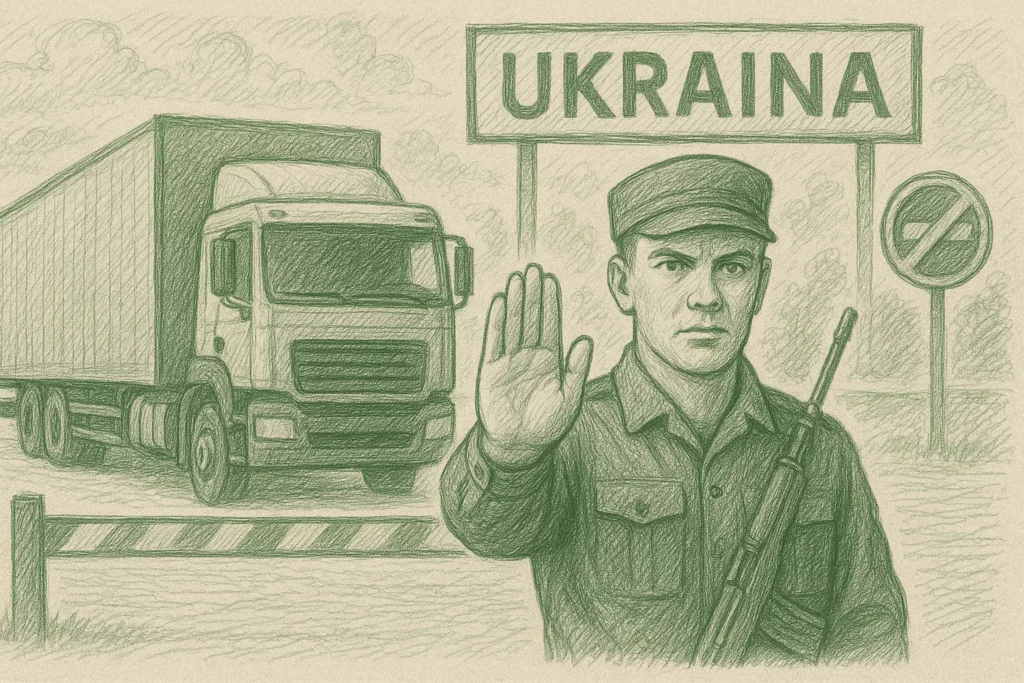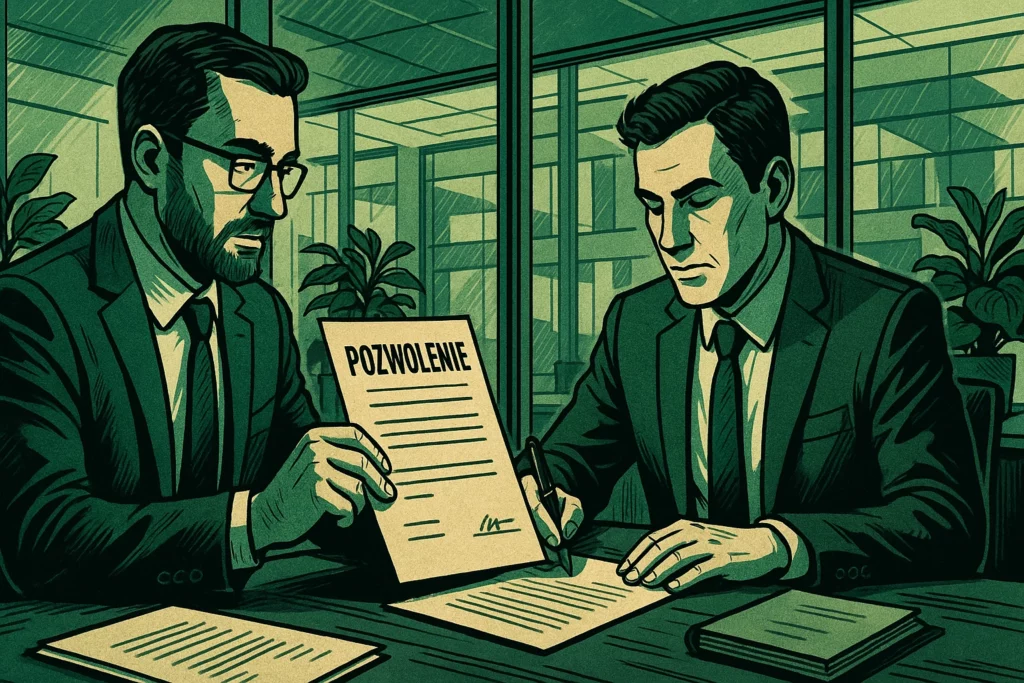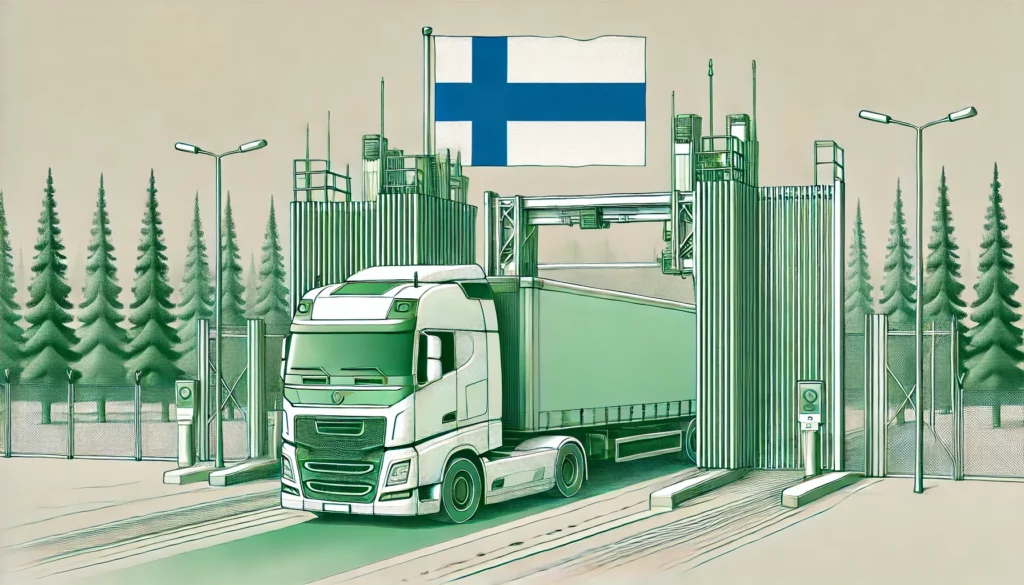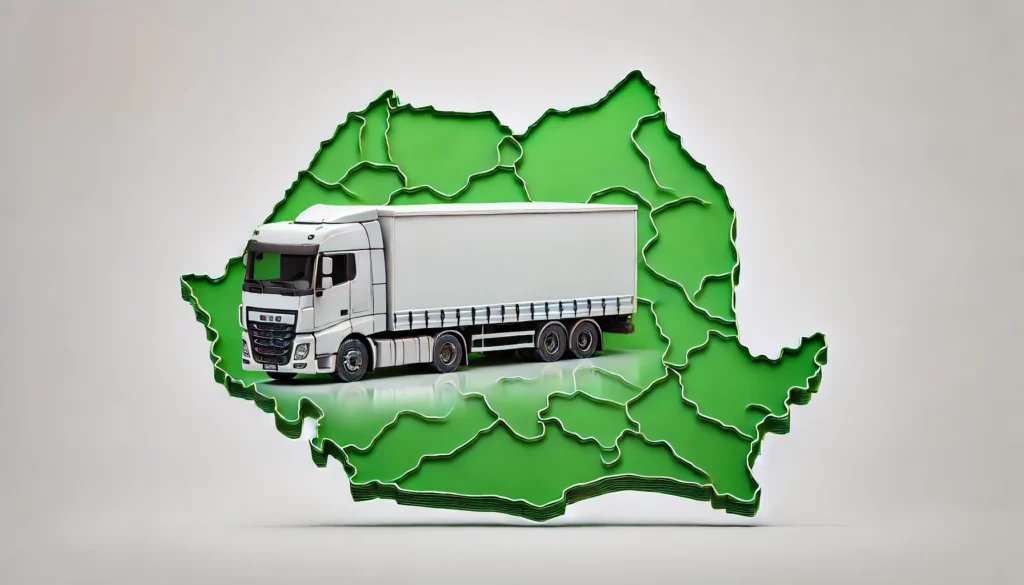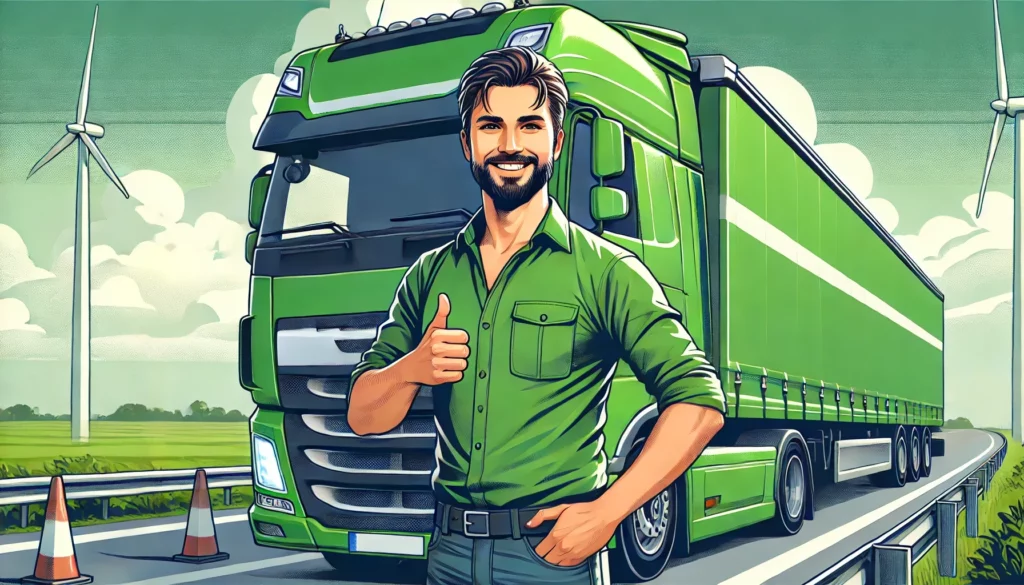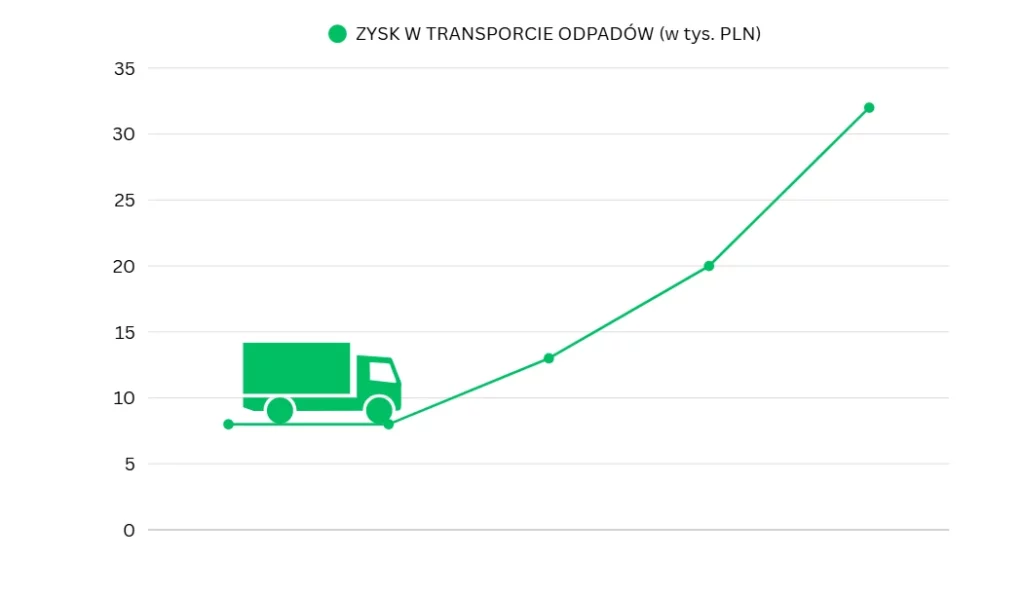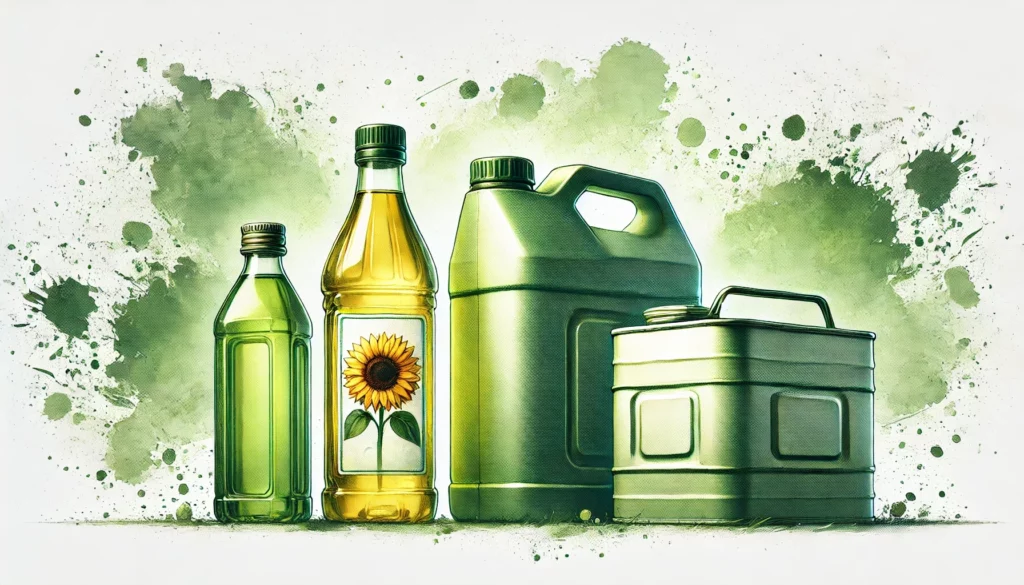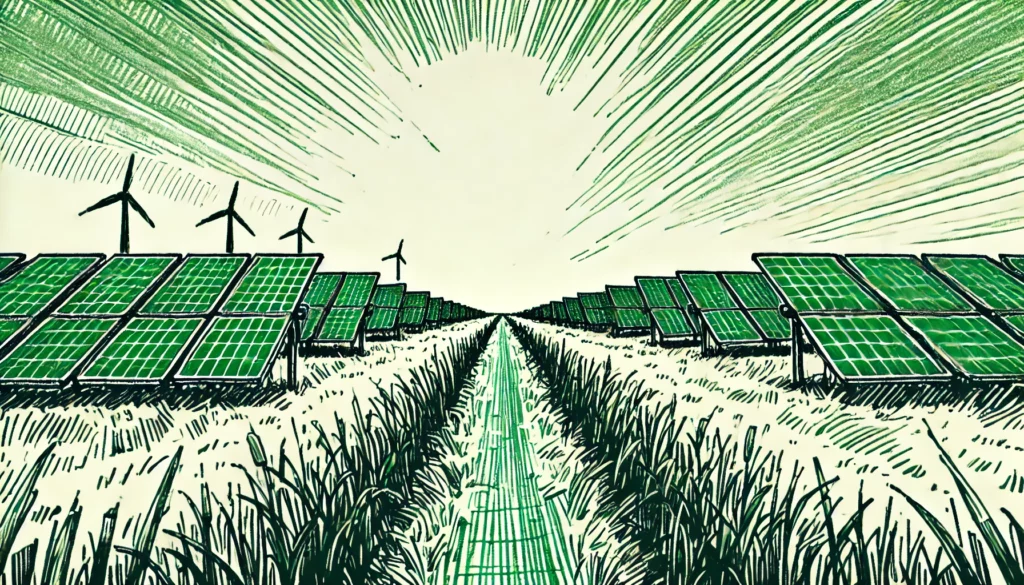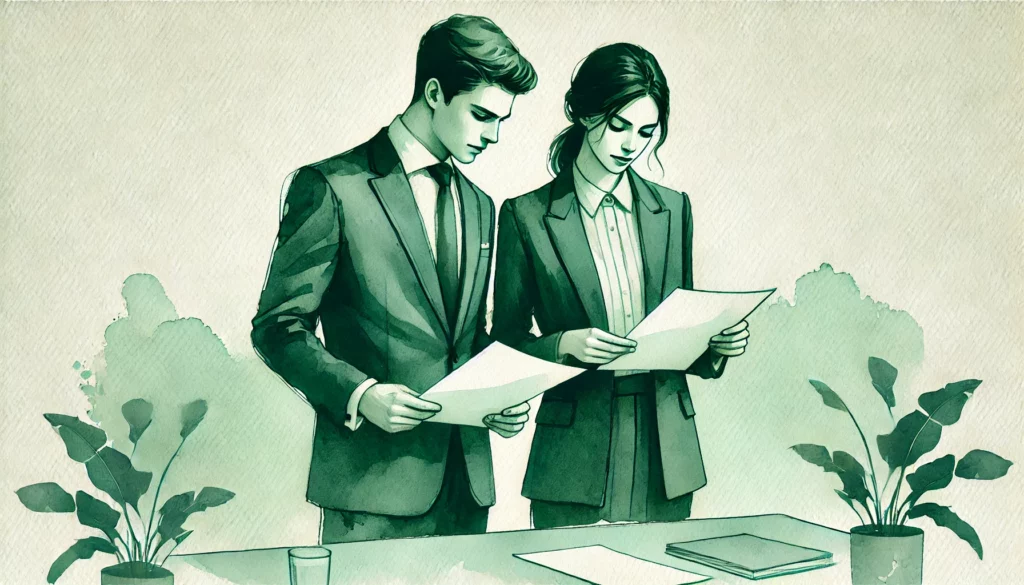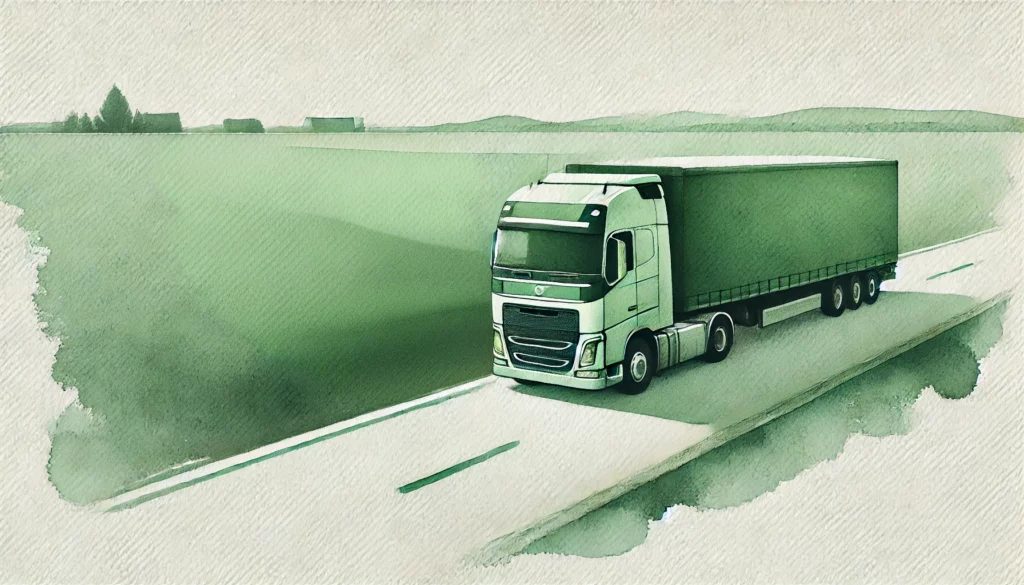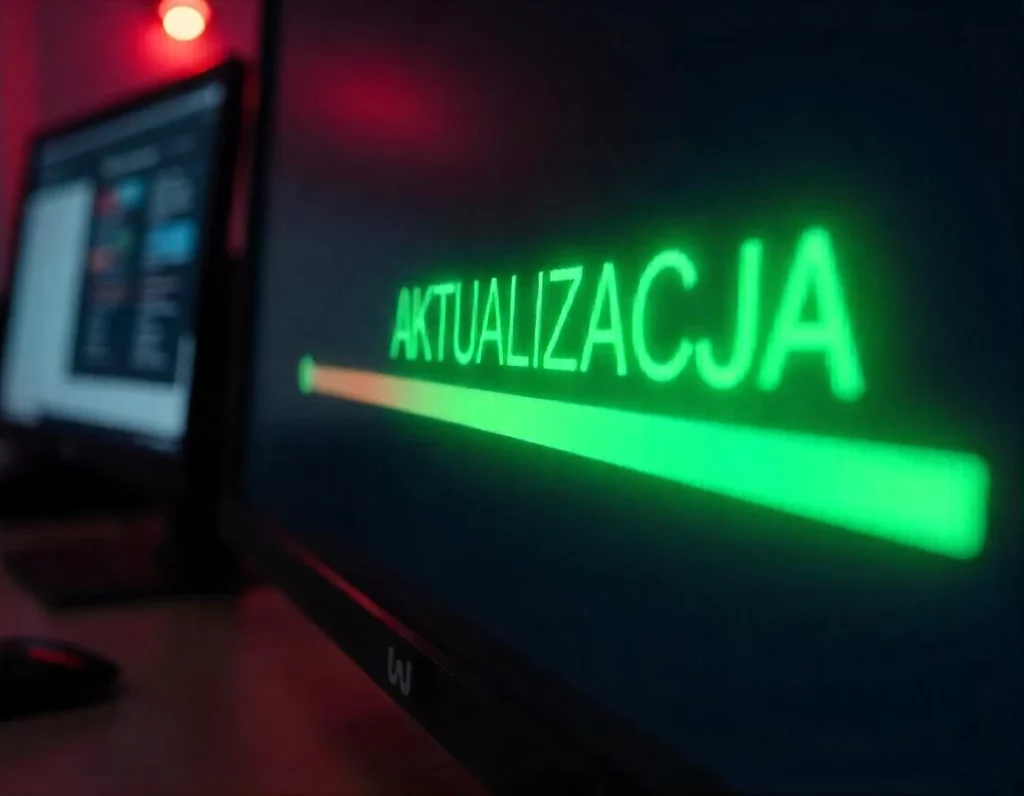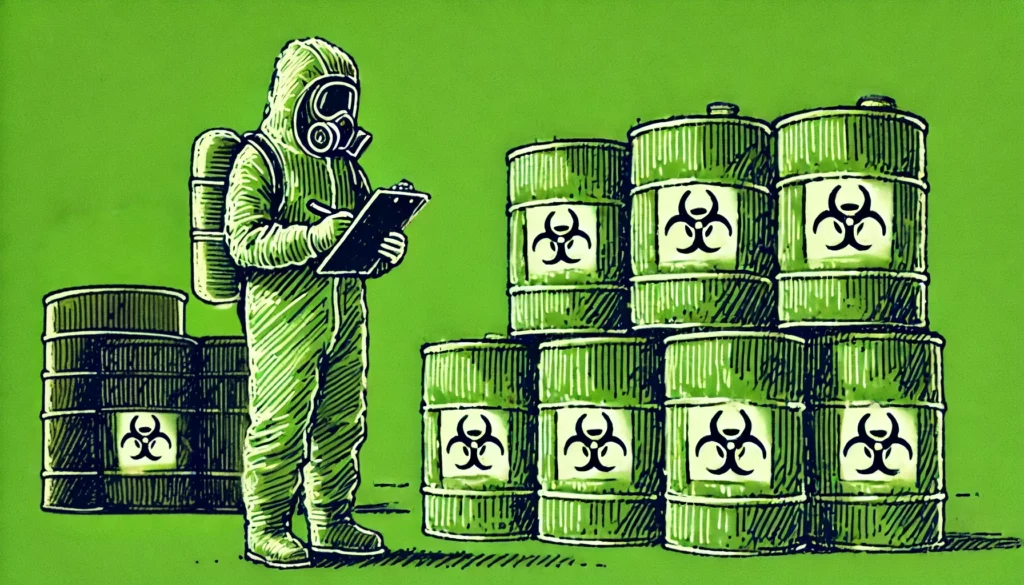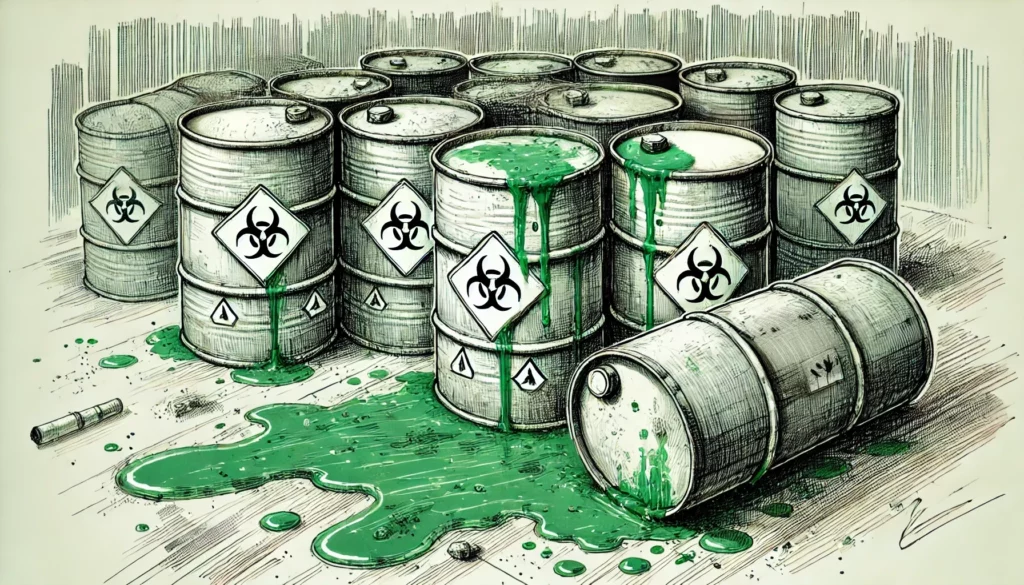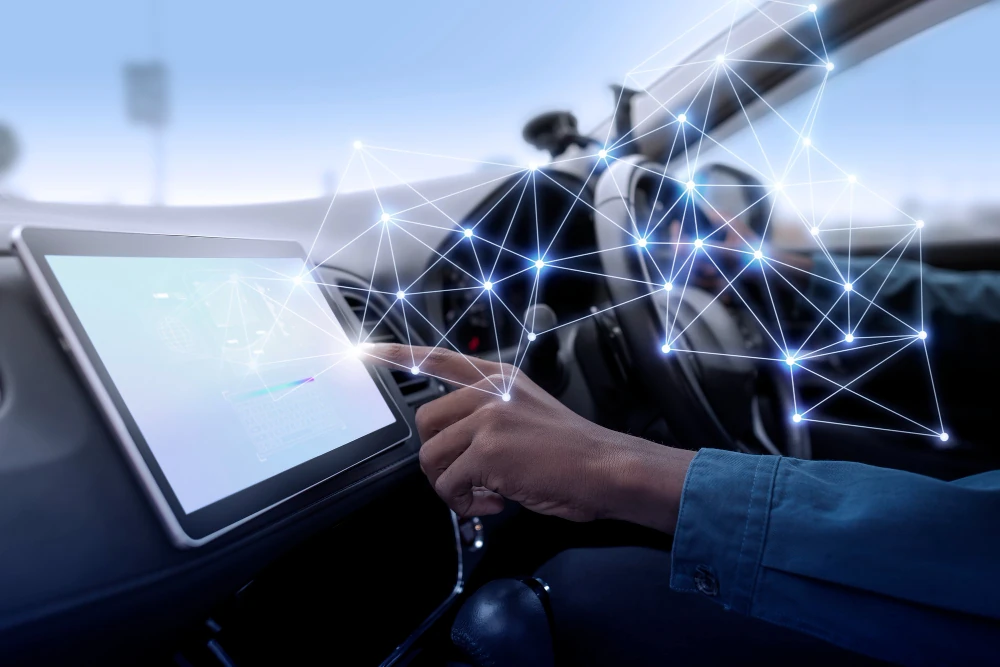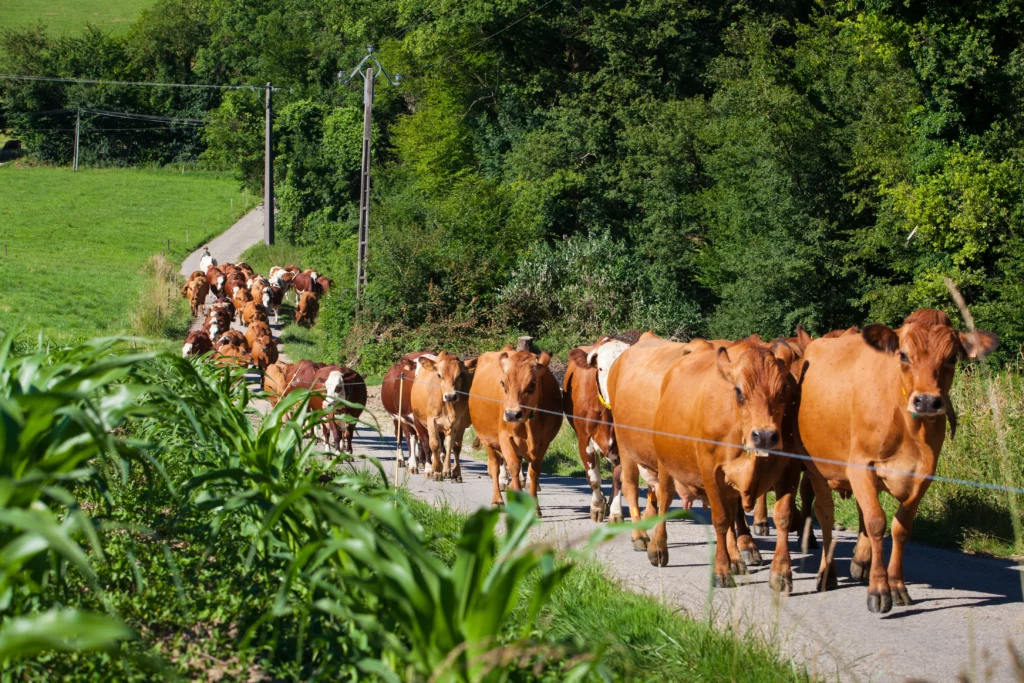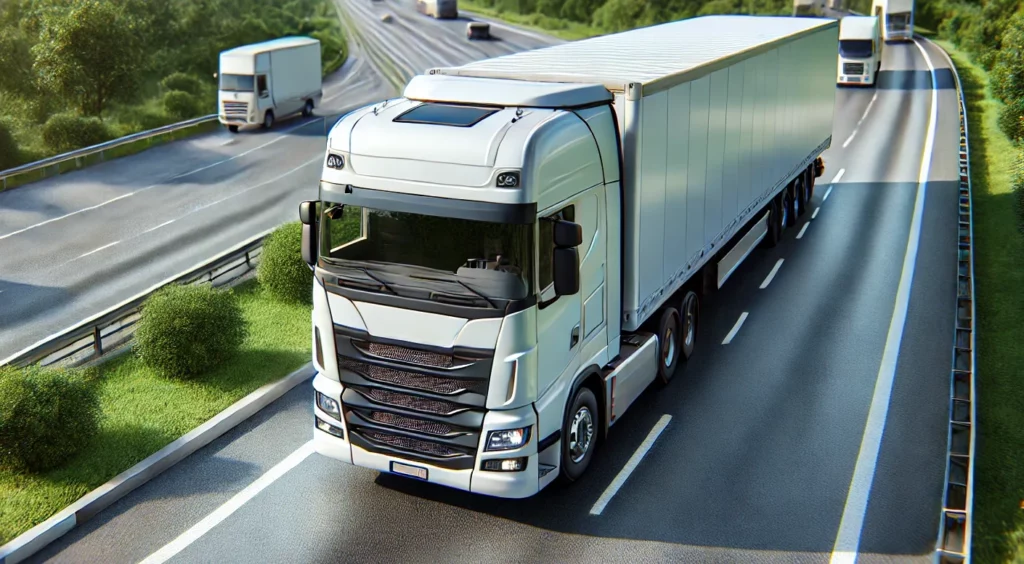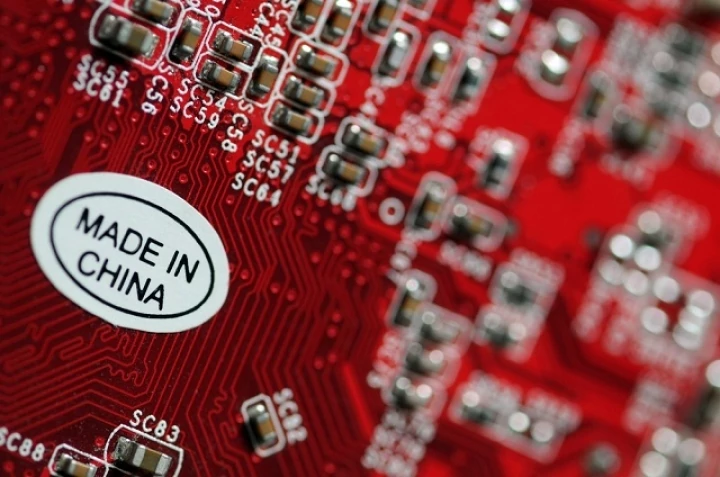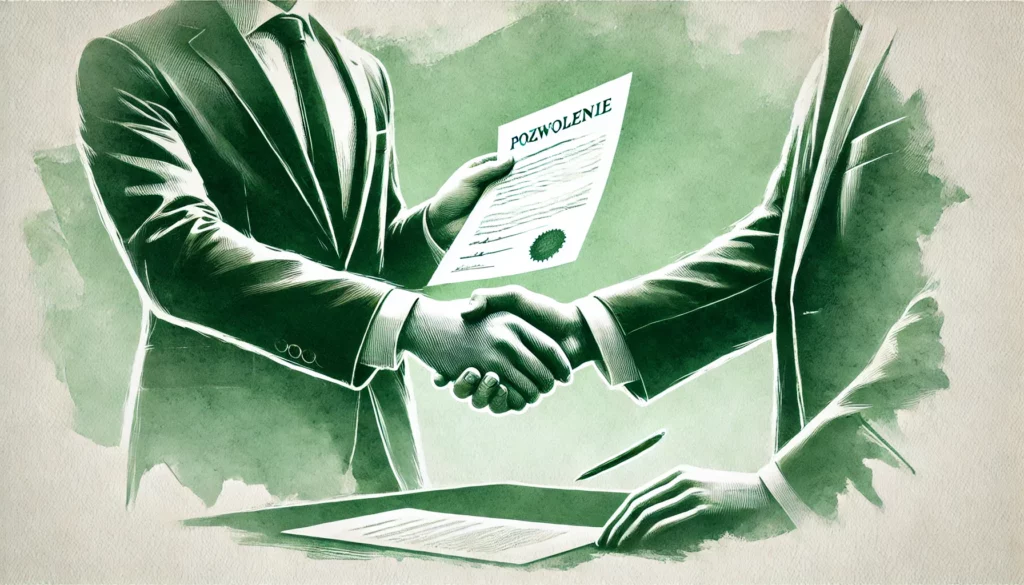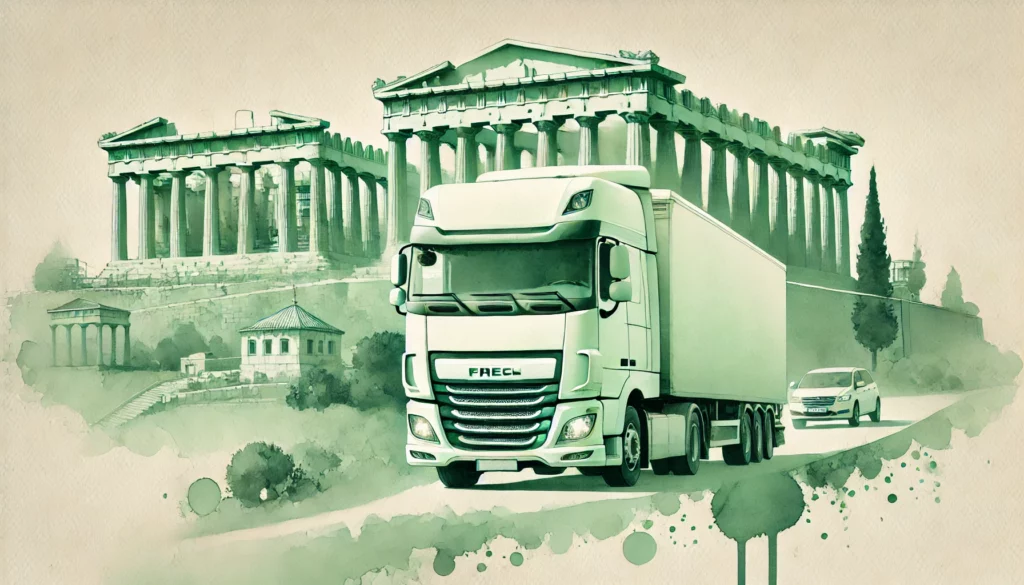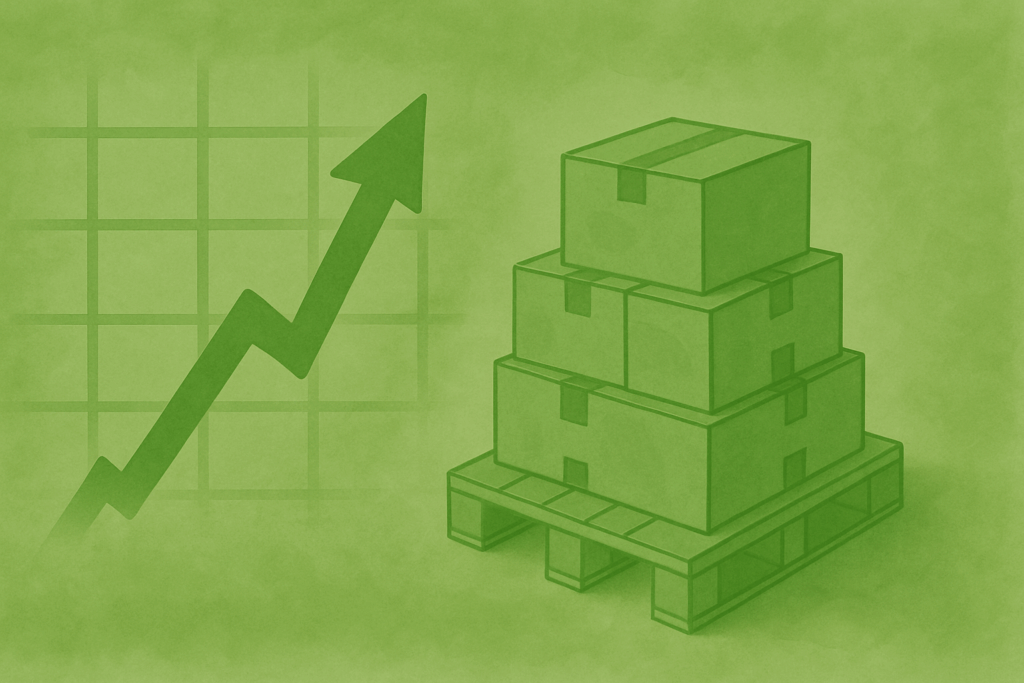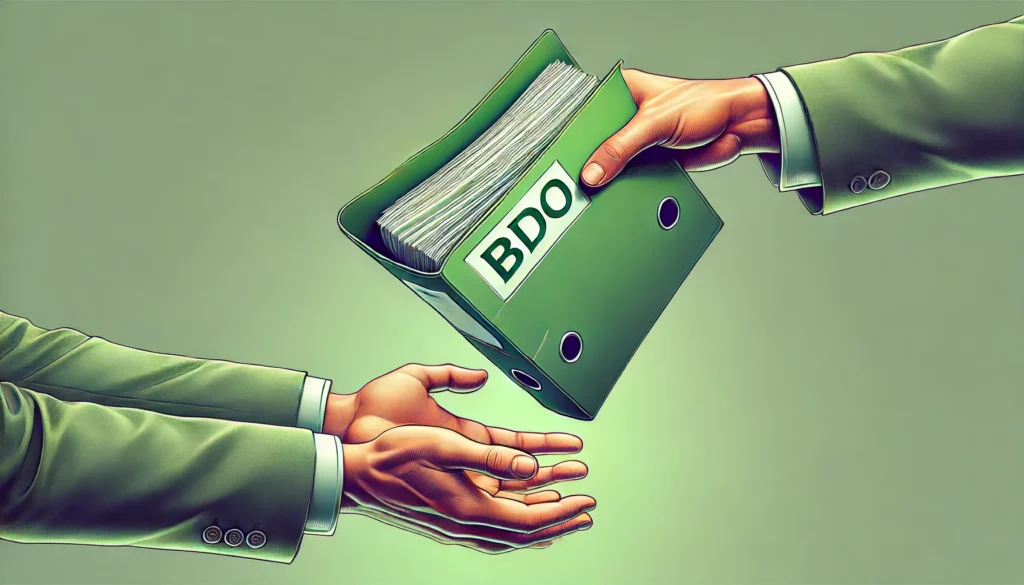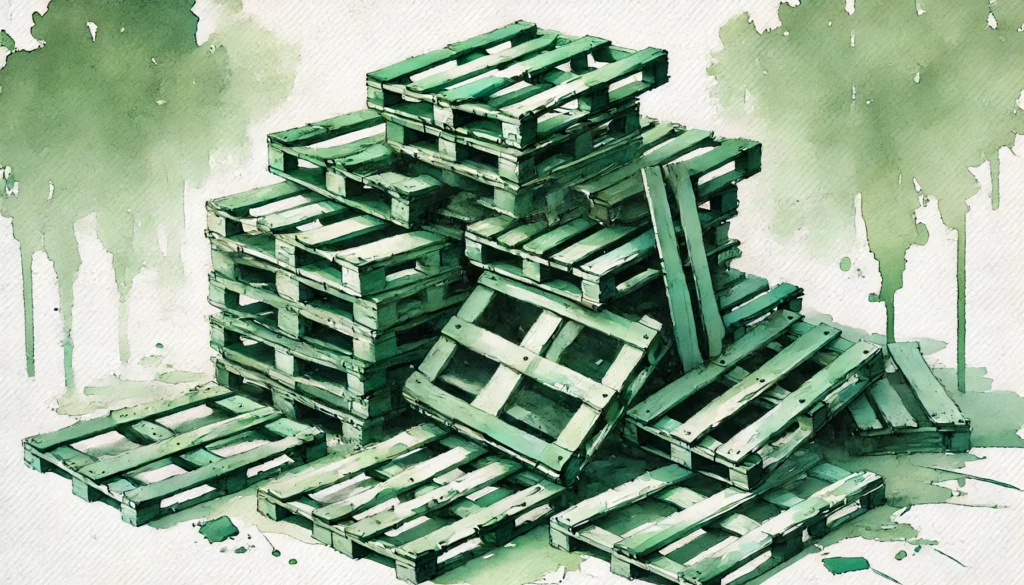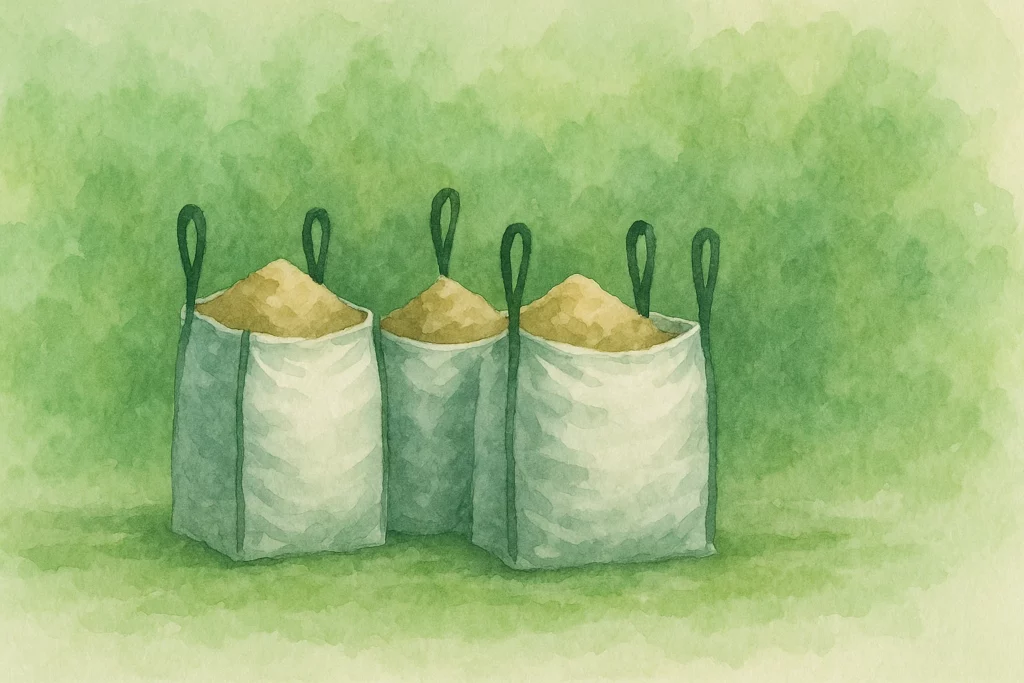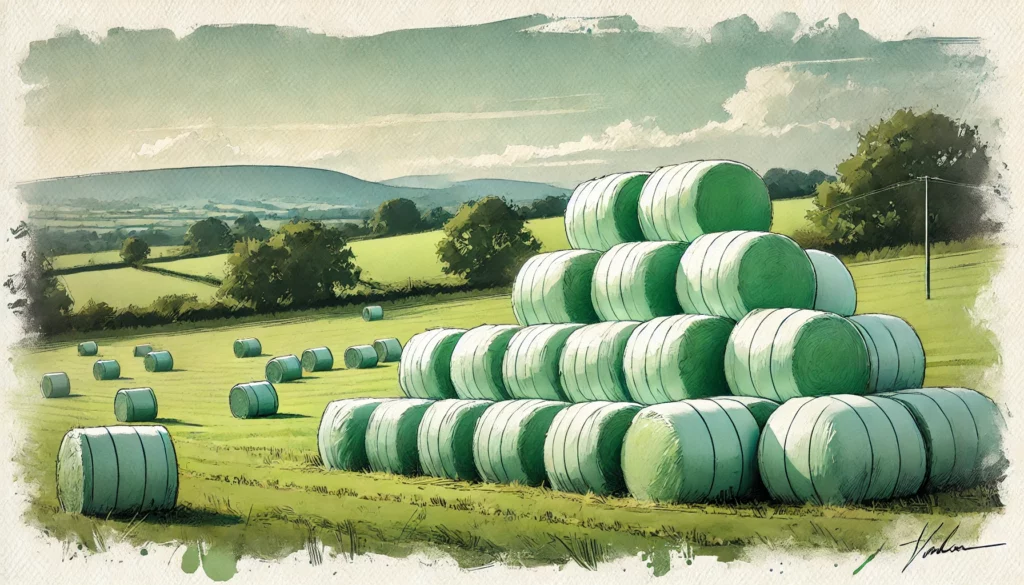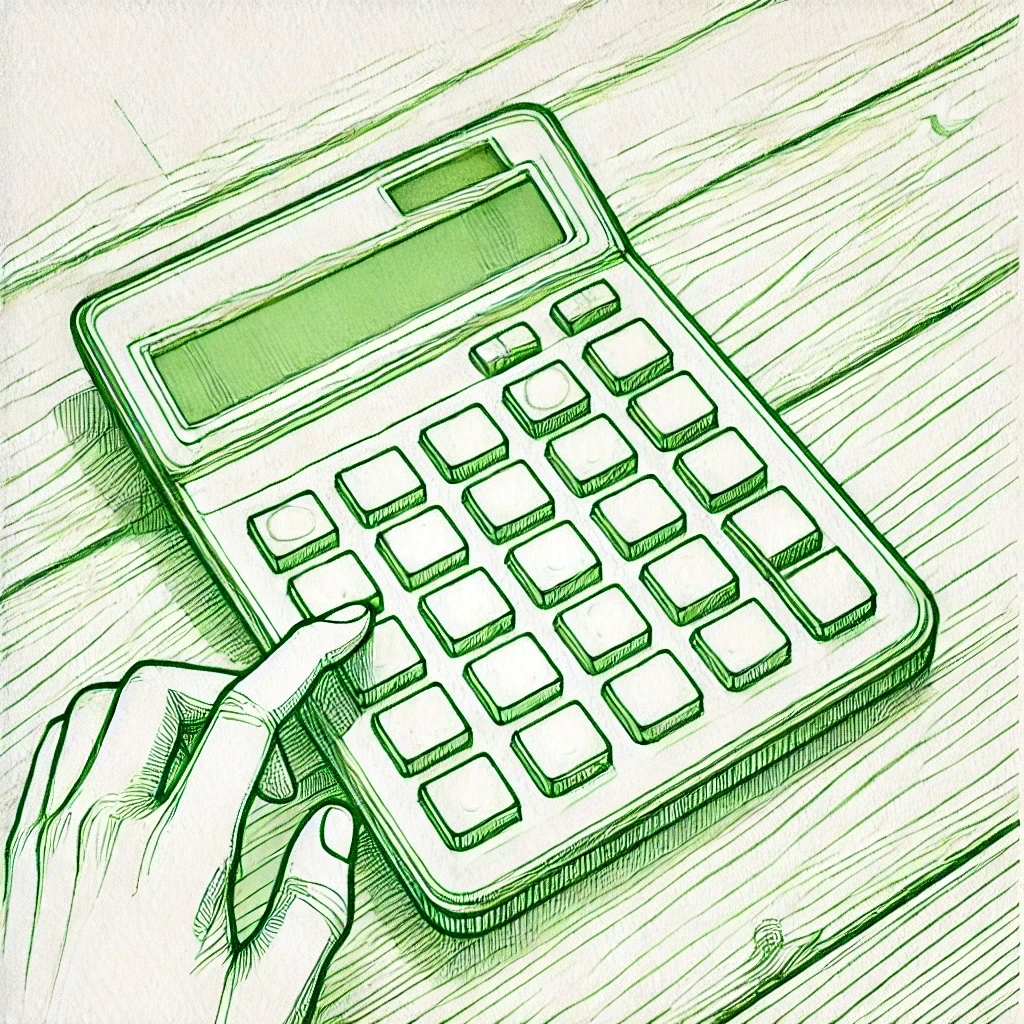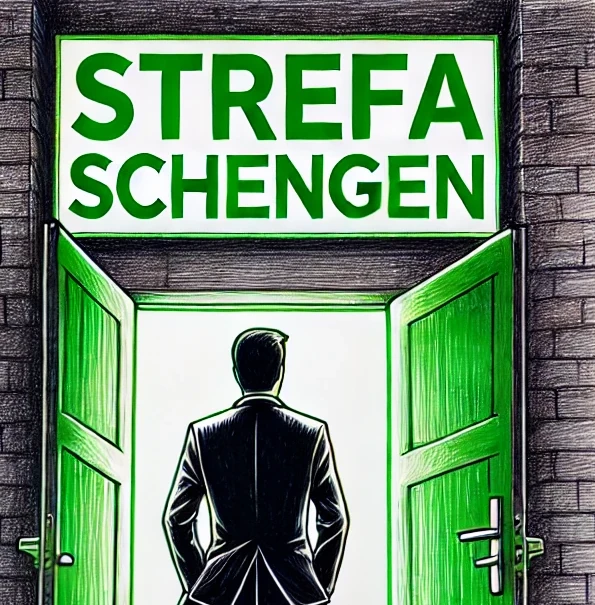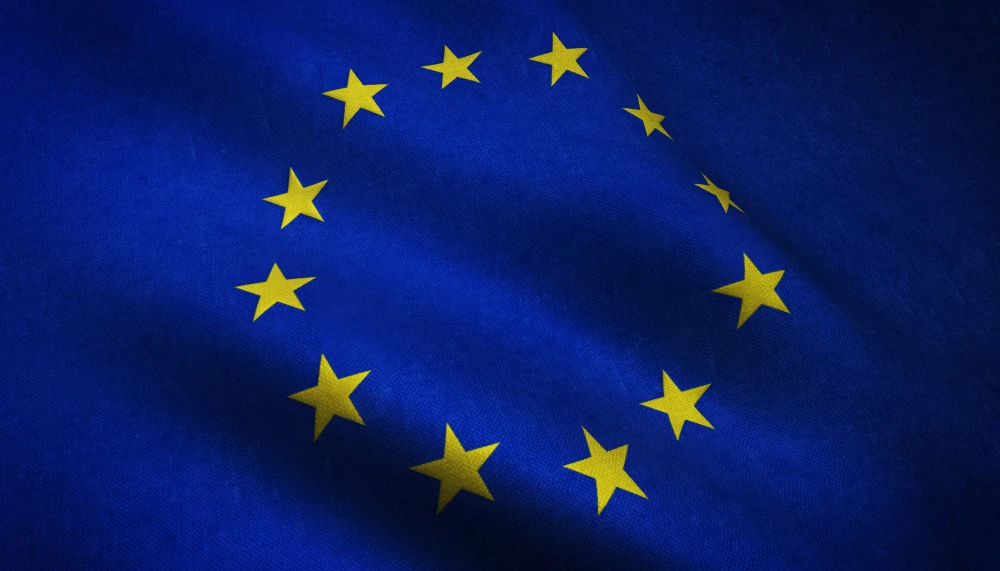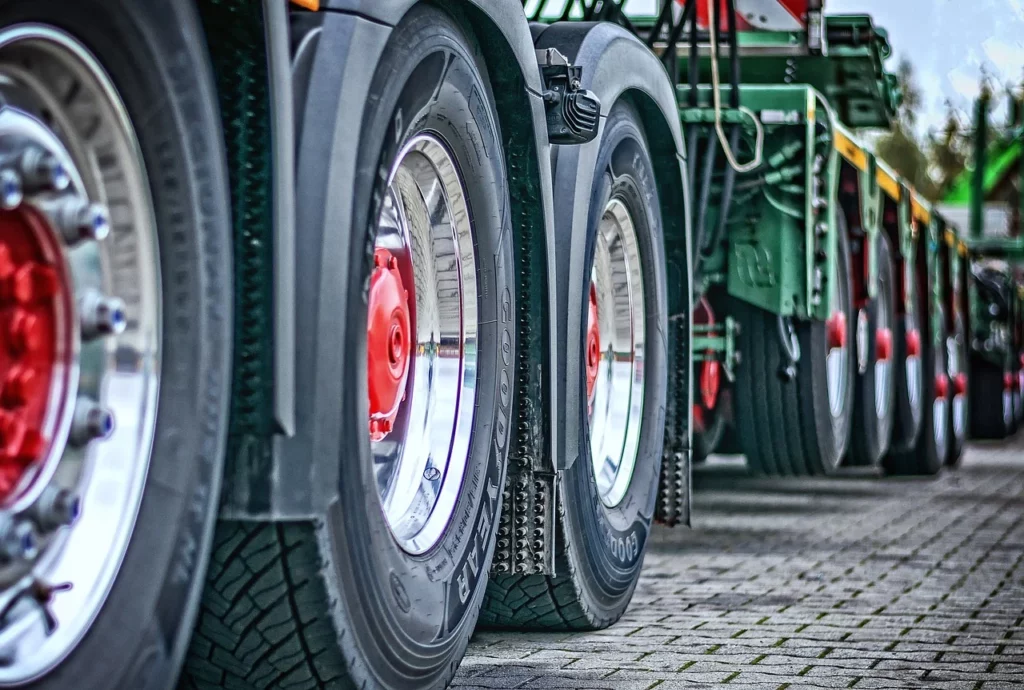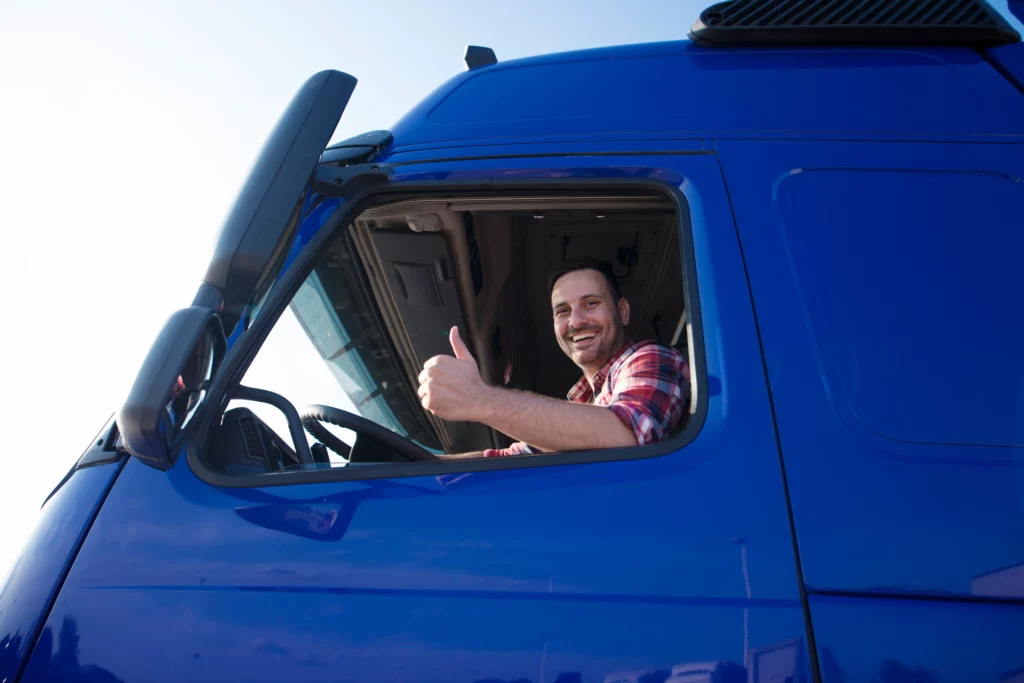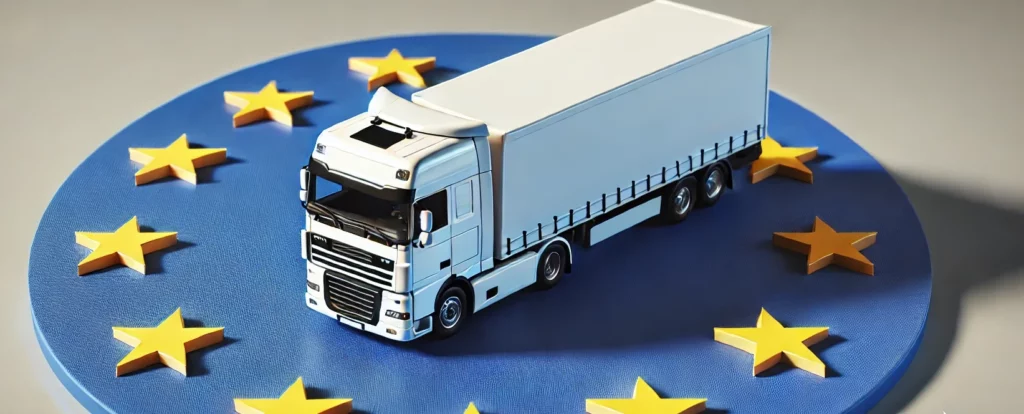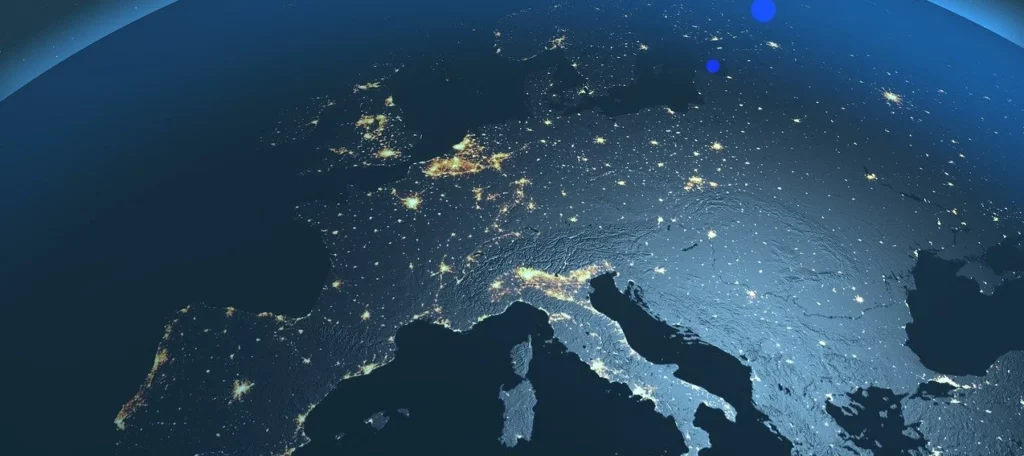Our Blog
Worth attention
BiREG notification: carrier obligations and consequences of failure to comply with them
Road transport through Hungary has for several years been subject to much stricter formal control than before. One of the key surveillance tools is the BiREG notification. For many hauliers, this is still an obscure or downplayed topic. Meanwhile, for the Hungarian authorities, it is one of the first sources of information during a roadside check or an inspection at the shipper's premises. A mistake in the BiREG declaration is not a minor technical mistake. In practice, it can mean a hefty financial penalty, administrative problems and even temporary exclusion from transport operations in Hungary. Therefore, it is worth understanding exactly what this system is, where it came from and what obligations it actually imposes on transport participants. Where did it come from...
Our Blog
Business and investment
New rules for waste transport from May 2026: DIWASS, Annex VII and digital notifications
The DIWASS system in 2026 is one of the biggest changes in waste transport documentation in the EU in years. From 21 May 2026, it will become the mandatory channel for electronic information exchange for shipments within the EU. It will cover both the notification procedure for hazardous waste and Annex VII for those on the so-called „green list”. In this article, you will find everything you need to know about the changes that will come into force in the middle of next year. See what you need to do to be ready for the coming months. DIWASS – what does this acronym mean and what is the purpose of the system? DIWASS stands for Digital Waste Shipment System, i.e. a digital...
Our Blog
Close to people
Mercury dispute. An EU step in the right direction
The European Union has decided on dental amalgam: it has banned its use in children, pregnant women and nursing mothers. Mercury still remains Unfortunately, mercury will be with us for years to come. But there will be much less of it. Much now depends on the individual EU Member States. It remains to be seen whether the health of their citizens is important to them. For the time being, the European Union has banned the use of amalgam in those most exposed to toxic heavy metals - children, pregnant women and breastfeeding mothers.Hanna Schudy Decisions at EU level European civil society influenced in early December a preliminary agreement between the European Parliament, the European Commission and the Council of the Union...
Our Blog
Eco Poland
Used engine oil: how to turn a problem into a valuable resource?
On a day-to-day basis, we are unlikely to think about what happens to the oil we pour out in a restaurant after a fry-up or change during car maintenance. However, every drop matters - if inappropriately managed, it can become a danger to the environment and, if well stored, a valuable resource. Used engine oil, industrial oil or cooking oil is a topic worth looking into. And that is exactly what we will do in this article. Old Europe, new challenges - the continent's oil balance sheet Millions of tonnes of waste oil are generated in Europe, and the scale and nature of the waste varies greatly depending on the source. Engine and industrial oils dominate quantitatively, while cooking oil (UCO) is gaining...
Our Blog
Eco World
Transporting hazardous waste without a permit - why is it a bad idea?
The transport of hazardous waste can only be carried out by companies that have special permits. But what if such a document is missing? Or when a company takes a conscious risk of delivering this type of waste illegally? Contact regarding hazardous waste transport permits e.nadolna@ekologistyka24.pl , +48 881 045 376 j.blazewicz@ekologistyka24.pl , +48 500 867 153 Why is it a bad idea to transport hazardous waste without a permit? Transporting hazardous waste without an appropriate permit violates national and international regulations, such as the European ADR Convention (concerning the carriage of dangerous goods by road). Such activities carry numerous risks: Penalties for not having a permit for transporting hazardous waste in different countries As a transporter...
Our Blog
Eco Transport
BiREG notification: carrier obligations and consequences of failure to comply with them
Road transport through Hungary has for several years been subject to much stricter formal control than before. One of the key surveillance tools is the BiREG notification. For many hauliers, this is still an obscure or downplayed topic. Meanwhile, for the Hungarian authorities, it is one of the first sources of information during a roadside check or an inspection at the shipper's premises. A mistake in the BiREG declaration is not a minor technical mistake. In practice, it can mean a hefty financial penalty, administrative problems and even temporary exclusion from transport operations in Hungary. Therefore, it is worth understanding exactly what this system is, where it came from and what obligations it actually imposes on transport participants. Where did it come from...
Our Blog
Waste
New rules for waste transport from May 2026: DIWASS, Annex VII and digital notifications
The DIWASS system in 2026 is one of the biggest changes in waste transport documentation in the EU in years. From 21 May 2026, it will become the mandatory channel for electronic information exchange for shipments within the EU. It will cover both the notification procedure for hazardous waste and Annex VII for those on the so-called „green list”. In this article, you will find everything you need to know about the changes that will come into force in the middle of next year. See what you need to do to be ready for the coming months. DIWASS – what does this acronym mean and what is the purpose of the system? DIWASS stands for Digital Waste Shipment System, i.e. a digital...
Our Blog
Recycling
Your BDO, our responsibility - end-to-end service for companies
BDO is the register that determines the legality of the waste cycle. Obligations derive from the role, as the generator, collector or transporter accounts for differently than the processor. However, everyone has to take care of the correct entry and its updating, and some - in addition - have to keep the KPOs up to date and report annually. Negligence quickly turns into administrative decisions, fines and stoppages. It is therefore better to act in advance. Handling BDO for companies on our side is a solution that reduces the risk of penalties. Before you go any further - why it even matters Not every company knows that it should be listed in the BDO register. Some have an account set up, but...
Our Blog
Union without secrets
Bulgaria and Romania in the Schengen area from 1 January 2025. How will this affect waste transport?
For the country, joining the Schengen area means the abolition of border controls at internal borders with other Member States. This facilitates the free movement of people, goods, services and capital. For transport companies, this means less paperwork and faster deliveries. And will waste hauliers feel the changes when the Romanian and Bulgarian borders are opened to them from 1 January? Contact for obtaining waste transport permits e.nadolna@ekologistyka24.pl , +48 881 045 376 j.blazewicz@ekologistyka24.pl , +48 500 867 153 As members of the European Union since 2007, Bulgaria and Romania have been able to enjoy the privileges enjoyed by the other countries of the Community. Indeed, membership of the European Union brings numerous...

